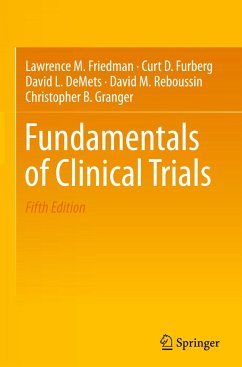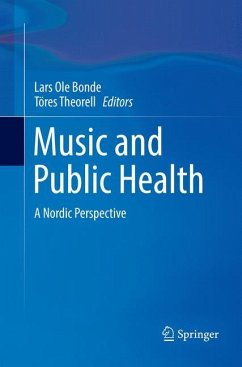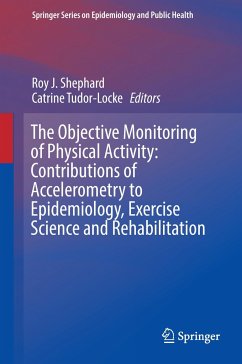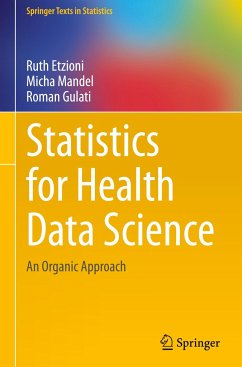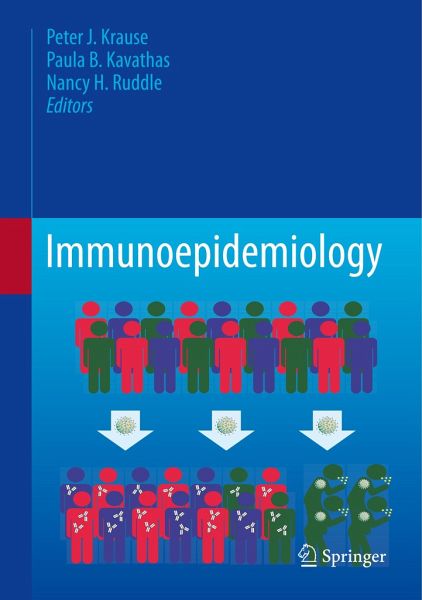
Immunoepidemiology

PAYBACK Punkte
41 °P sammeln!
This textbook focuses on the nascent field of Immunoepidemiology that addresses how differences in immune responses among individuals affect the epidemiology of infectious diseases, cancer, hypersensitivity, and autoimmunity. The idea for the book originated from a course entitled "Immunology for Epidemiologists" at the Yale School of Public Health. While many fine textbooks are available that address the immunological responses of individuals to pathogens, these provided very little information regarding how immunological variation among populations affects the epidemiology of disease. And ye...
This textbook focuses on the nascent field of Immunoepidemiology that addresses how differences in immune responses among individuals affect the epidemiology of infectious diseases, cancer, hypersensitivity, and autoimmunity. The idea for the book originated from a course entitled "Immunology for Epidemiologists" at the Yale School of Public Health. While many fine textbooks are available that address the immunological responses of individuals to pathogens, these provided very little information regarding how immunological variation among populations affects the epidemiology of disease. And yet, it has long been recognized that there is great immunologic diversity among people, which can have a profound effect on the epidemiology of disease. Careful review of the immunologic and epidemiologic literature revealed that there have been relatively few publications concerning immunoepidemiology and that no textbook is available on the subject. This textbook therefore aims to fill this void by providing a much-needed tool to comprehensively and efficiently teach immunoepidemiology. The book includes a section on the basic principles of immunology, and then applies them to particular examples of disease in human populations. The target audience for this text book are Masters of Public Health students. Others who should also find it of interest include PhD students in epidemiology, immunology, medical students, generalists, and specialists in immunology, infectious diseases, cancer, and rheumatology.







